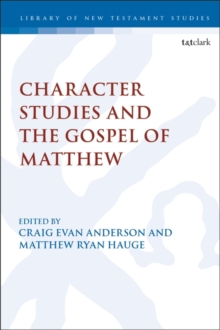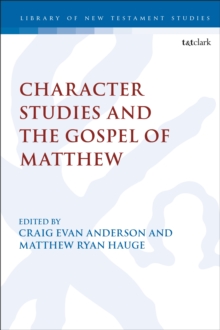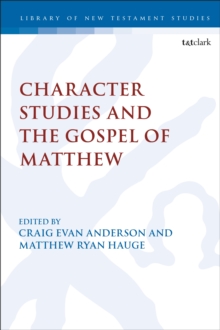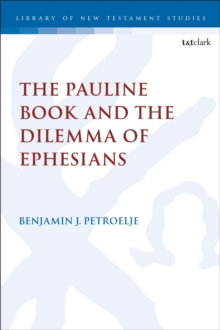
Prodigality, Liberality and Meanness : The Prodigal Son in Graeco-Roman Perspective PDF
by Holgate David Holgate
Part of the The Library of New Testament Studies series
Description
This monograph interprets the parable of the Prodigal Son (Lk. 15.11-32) in the light of Graeco-Roman popular moral philosophy.
Luke's special parables are rarely studied in this way, but the results of this study are very fruitful.
The unity of the parable is supported, and it is shown to be deeply concerned with a major Lukan theme: the right use of possessions.
The whole parable is read in terms of the moral topos 'on covetousness', and shown to be an endorsement of the Graeco-Roman virtue of liberality, modified by the Christian virtue of compassion.
Information
-
Download - Immediately Available
- Format:PDF
- Pages:299 pages
- Publisher:Bloomsbury Publishing
- Publication Date:01/08/1999
- Category:
- ISBN:9780567286666
Information
-
Download - Immediately Available
- Format:PDF
- Pages:299 pages
- Publisher:Bloomsbury Publishing
- Publication Date:01/08/1999
- Category:
- ISBN:9780567286666










